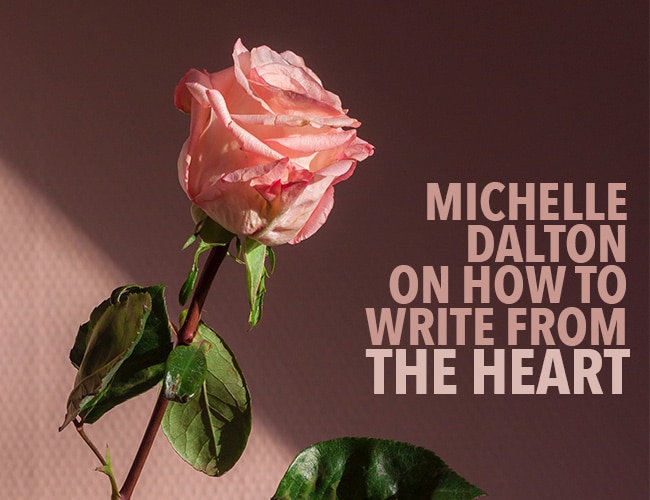We’ve all been in this situation: you write a first draft, or the beginning of one, and it seems like nothing is going well. All you want to do is give up and throw everything away. It can be extremely tempting, and while it’s okay to give up on projects sometimes, you should never throw anything away.












